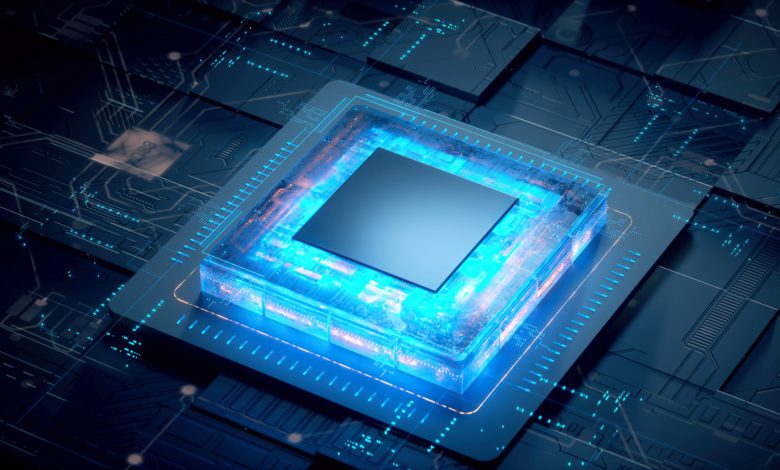
Update: The CHIPS Act passed the Senate on 27 July and the House on 28 July, and now awaits the president’s signature. Read more at: https://insight.ieeeusa.org/articles/chips-act-passes-now-what/
After months of negotiations, Senate leaders appear ready to bring a smaller CHIPS Act bill to the Senate floor for a final vote on Wednesday, 27 July. The Senate voted for “cloture,” (that is, to end debate) on Tuesday. The vote was 64-32, showing strong bipartisan support for the bill. Senate leaders are confident that they have the votes to pass the bill on the floor later today, although the next steps are far more tenuous.
The CHIPS Act provides roughly $54 billion in direct and indirect support for computer chip manufacturers in the U.S. Its purpose is to encourage companies to move chip manufacturing back into the United States. The bill is popular with Republicans, Democrats, and the American public, but has been unable to pass for several years because of political disputes on other issues.
The current Senate bill also includes $100 billion over 5 years for new research programs at the National Science Foundation’s TIPS Directorate (Technology, Innovation, and Partnerships). These provisions are smaller than USICA, the Senate’s bigger research bill, but still includes significant investments in technology research and tech transfer. All of these provisions had previously passed the Senate as part of USICA (also called COMPETES).
IEEE-USA supports the passage of the current version of the CHIPS Act. Although we prefer the more comprehensive COMPETES Act, we recognize that time is running out. Passing the CHIPS Act has been one of our top priorities in this Congress. Passing it, even in this smaller form, would be a tremendous victory for technology professionals.
The Senate passed its version of COMPETES, then named USICA, in June of 2021. The bill included the CHIPS Act, but also regional technology hubs, workforce development programs, technology research, and technology transfer provisions that were designed to strengthen innovation across all technology fields and across the entire country.
Unfortunately, the House of Representatives did not pass its version of COMPETES until February of this year. Worse, the House version of COMPETES was radically different than the Senate version — although not the CHIPS Act portion of the bill. The House and Senate bills contained virtually the same language for CHIPS, which in theory should make passing the language into law easier.
Once the current CHIPS Act passes the Senate, it must still pass the House where its prospects are less clear. House leaders, including Speaker Nancy Pelosi, have signaled that they plan to support the Senate bill. However, House Progressives may oppose the bill on the grounds that it is corporate welfare. Additionally, House Republicans may oppose the bill because, they feel, it is wasteful spending and inflationary. Some legislators remain concerned that the bill does not do enough to help American companies compete against China.
With a majority of just a handful of votes, Speaker Pelosi is going to need some Republicans, perhaps as many as 30, to support the bill for it to pass. With the House set to start its annual August recess Friday evening, she may not have time to find the required votes before Congress goes home for a month.
The rest of Congress’ legislative calendar is not working in favor of the bill either. Congress will return right after Labor Day. September is, traditionally, spent working on the Federal Budget. Congress will go back out of session in late September so legislators can return home and campaign for the federal election on 8 November. After the election, there will be a multi-week lame-duck session where Congress will have to pass the 2023 budget and several other must-pass bills. Unless CHIPS is essentially finished by then, it will be too late for the bill to pass.
IEEE-USA encourages Congress to pass the CHIPS Act, and as many provisions from the COMPETES Act as they can. But passing CHIPS should be their priority.
Updated: 27 July 2022 10:52 AM with new details on Senate cloture vote and expected floor vote.






the ieee is NOT a fair arbiter of USA business issues. long ago, IEEE chose to be an “INTERNATIONAL” voice, and really does not defend USA engineers or USA only businesses. Not sure why the IEEE would even be supporting this bill, it almost goes against their view of globalization.
this is an AMERICA FIRST bill.